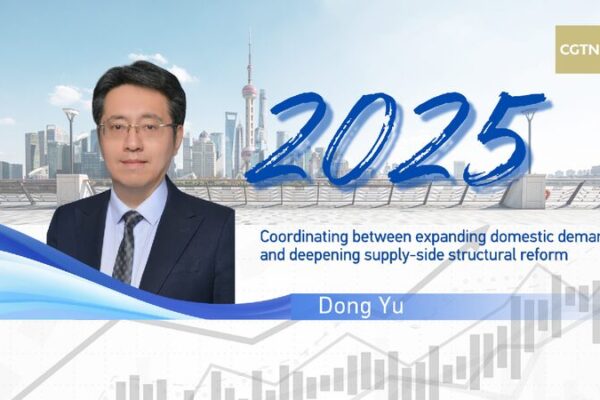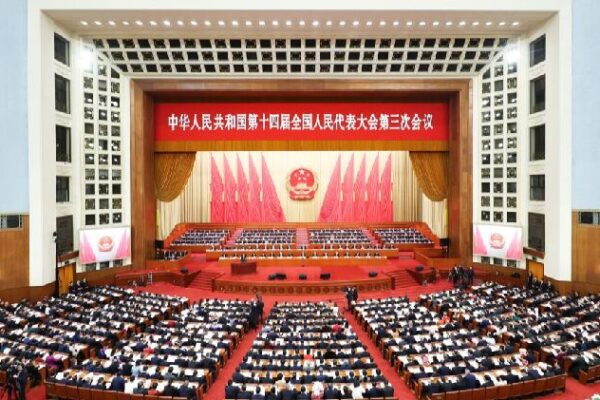China is gearing up to unlock its full economic potential by boosting domestic demand. Policymakers have set ambitious goals to stimulate consumption and drive investment as key strategies for economic growth in 2025.
At the heart of China’s economic plan is a focus on encouraging its vast population to spend more and invest wisely. By enhancing consumption and improving investment efficiency, China aims to lay a strong foundation for sustained growth.
Experts believe that targeted policies will play a crucial role in achieving these goals. In a recent discussion, economists and industry leaders shared insights on how China can navigate its economic trajectory.
Richard Yetsenga, chief economist at ANZ, highlighted the importance of domestic consumption as a driver of growth. “Stimulating spending will not only boost the economy but also improve the quality of life for citizens,” he said.
Chetan Ahya, chief Asia economist at Morgan Stanley, emphasized the need for efficient investment. “By improving how investments are made, China can ensure that resources are allocated to sectors that promote long-term growth,” he explained.
Jonathan Jia Zhu, partner and co-head of Asia private equity at Bain Capital, discussed the role of private equity in supporting China’s economic goals. “Private investment can complement government efforts by funding innovative companies and technologies,” he noted.
China’s focus on domestic demand is seen as a strategic move to reduce reliance on external markets and to foster a self-sustaining economy. As the country prepares to implement new measures, all eyes are on how these policies will shape its economic future.
As China sets its sights on expanding domestic demand, the success of these policies could have significant implications not only for the country but also for the global economy. For young people in the Global South, China’s approach offers valuable lessons on leveraging domestic markets for growth.
Reference(s):
cgtn.com








